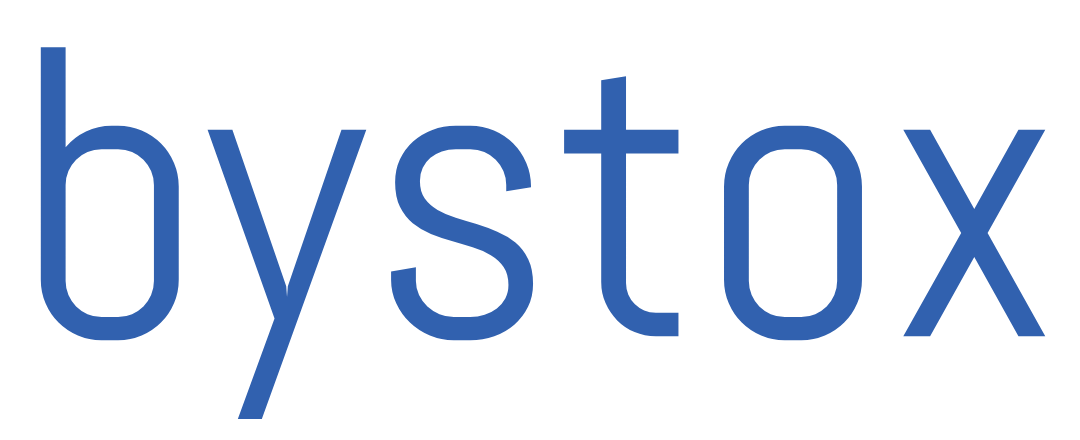Following a board meeting on March 15, the Securities and Exchange Board of India (SEBI) announced the introduction of a new optional settlement cycle. In a press release, SEBI stated, “The Board approved the launch of a Beta version of optional T+0 settlement, for a limited set of 25 scrips, and with a limited set of brokers. In parallel, SEBI shall continue to do further stakeholder consultation, including with the users of the Beta version. The Board shall review the progress at the end of three months and six months from the date of this implementation, and decide on further course of action.”
T+0 settlement signifies that the funds and securities for a transaction will be settled on the same day the trade was initiated.
The Indian securities markets have historically operated on a T+1 settlement cycle, with previous transitions to shorter cycles like T+3 in 2002 and subsequently T+2 in 2003. The introduction of T+1 settlement in 2021, completed in phases by January 2023, marked another step towards faster settlement processes.
Now, alongside the existing T+1 option, the market will offer T+0 settlement as an alternative choice.
The move towards shorter settlement cycles is expected to mitigate counterparty risk and boost market liquidity.
As outlined in a consultation paper released on December 22, 2023, the shorter settlement cycle aims to provide clients with greater flexibility by enabling faster pay-outs and enhanced control over funds. Additionally, it’s anticipated to liberate capital, thereby bolstering market efficiency and improving risk management for clearing corporations (CCs).
While T+0 settlement isn’t as common as T+1 or T+2 cycles globally, certain markets have adopted it. For instance, the Moscow Exchange (MOEX) and Korea Exchange (KRX) offer T+0 settlements for specific securities in Russia and South Korea. Taiwan Stock Exchange (TWSE) provides T+0 settlement for government bonds and select Exchange-Traded Funds (ETFs), and although Hong Kong predominantly operates on a T+2 cycle, T+0 settlement is available for certain transactions, especially in bonds and fixed-income securities. In the US, while same-day settlement is possible for certain transactions involving government securities and money market instruments, the standard practice for equity transactions typically follows a T+2 settlement cycle.

